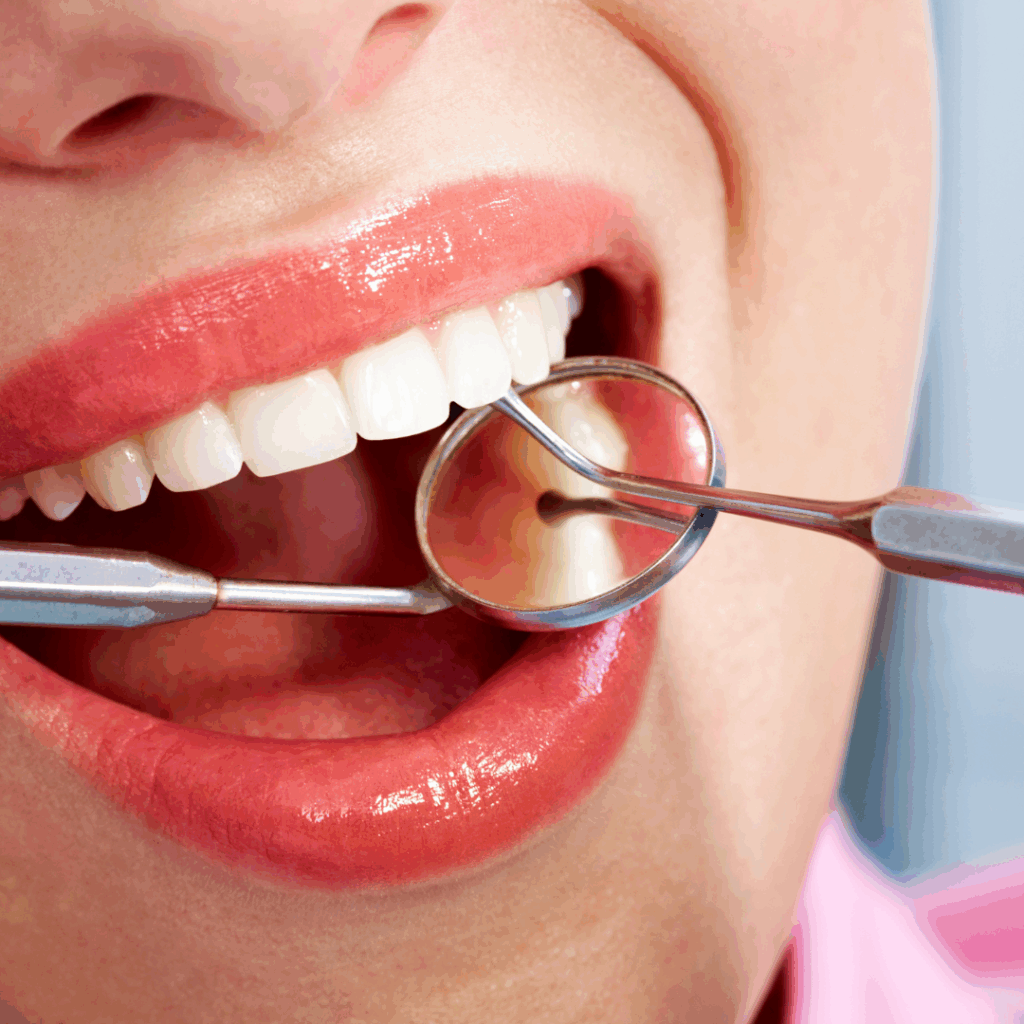Dry mouth—also known as xerostomia—is a common dental concern that can affect your comfort, oral health, and overall quality of life. At River Valley Smile Center, we help patients understand the causes behind it and provide personalized treatments to keep your smile healthy and hydrated.
What Is Dry Mouth?
It occurs when your salivary glands don’t produce enough saliva. Saliva is essential for keeping your mouth moisturized, neutralizing acids, washing away food particles, and supporting strong, healthy teeth. Without enough saliva, harmful bacteria can build up more easily, increasing your risk of cavities, gum disease, and bad breath.
Common Causes of Dry Mouth
It can happen for several reasons, including:
- Medications: Many prescriptions—such as those for allergies, blood pressure, depression, or anxiety—list dry mouth as a side effect.
- Dehydration: Not drinking enough water can leave your mouth feeling dry and sticky.
- Medical conditions: Diabetes, autoimmune disorders, and certain infections can impact saliva production.
- Lifestyle habits: Tobacco and alcohol use can reduce saliva flow and irritate oral tissues.
Understanding the cause is the first step in finding the right solution.
How Dry Mouth Affects Your Oral Health
Without enough natural moisture, your mouth becomes more vulnerable to decay and discomfort. You may notice:
- Constant dryness or stickiness
- Soreness or burning sensations
- Difficulty chewing, swallowing, or speaking
- Cracked lips or mouth sores
- More frequent cavities or bad breath
Ignoring these symptoms can lead to more serious dental concerns, so early attention is key.
How to Treat Dry Mouth
The good news—it is treatable. Here are effective ways to relieve symptoms and protect your smile:
- Stay hydrated: Sip water throughout the day to keep your mouth moist.
- Use saliva substitutes: Over-the-counter rinses or gels can provide temporary relief.
- Chew sugar-free gum: This encourages natural saliva production.
- Avoid tobacco and alcohol: Both can worsen dryness.
- Moisturize your environment: Using a humidifier at night adds moisture to the air.
- Schedule a dental appointment: Professional guidance is the best way to identify the cause and develop a long-term treatment plan.
Let River Valley Smile Center Help
If you’re experiencing persistent dry mouth, our team is here to help. We’ll work with you to find the underlying cause and create a personalized treatment approach to keep your mouth comfortable and your smile healthy. Schedule an appointment today to take the first step toward lasting relief.

